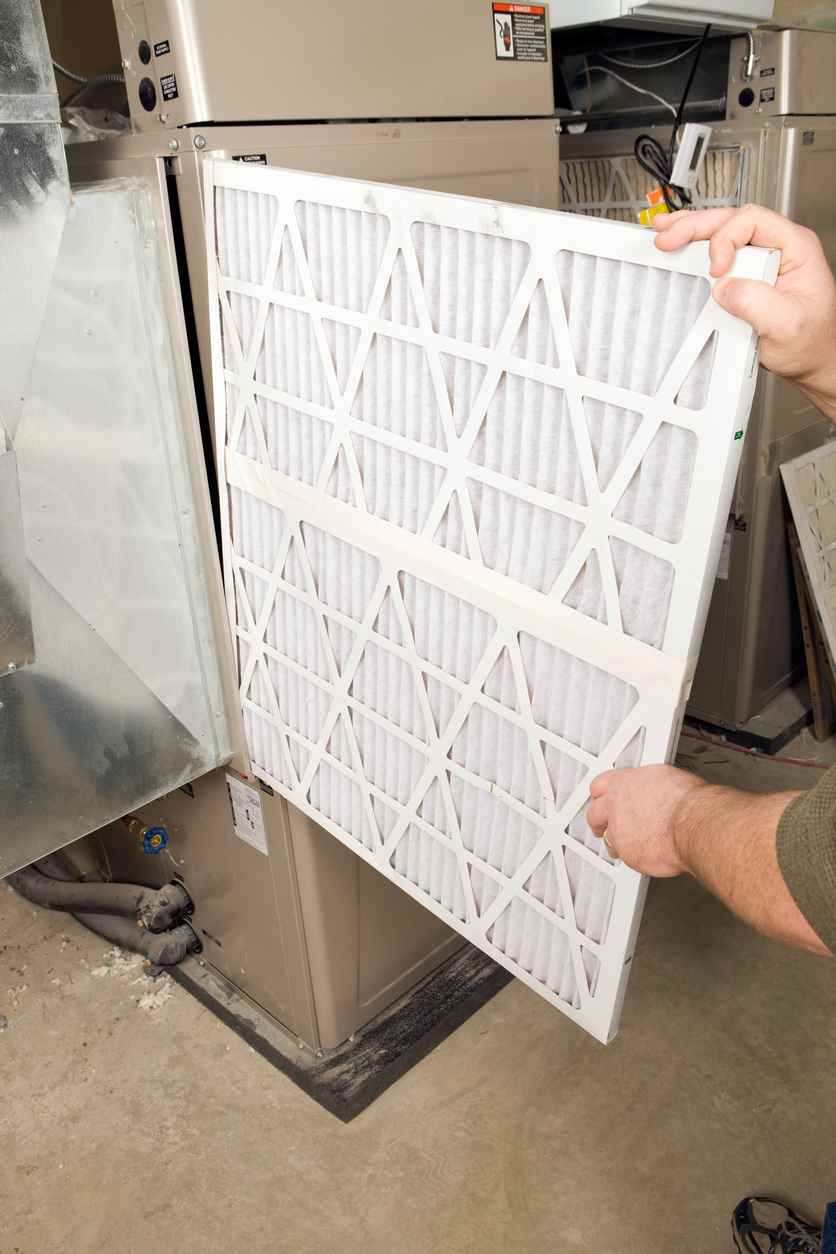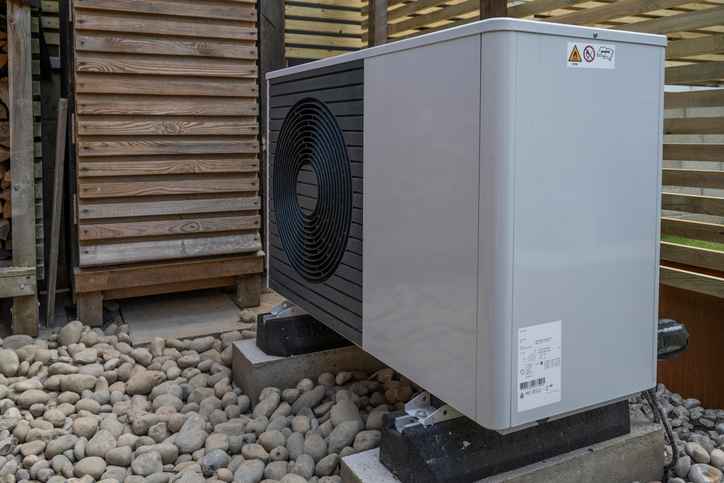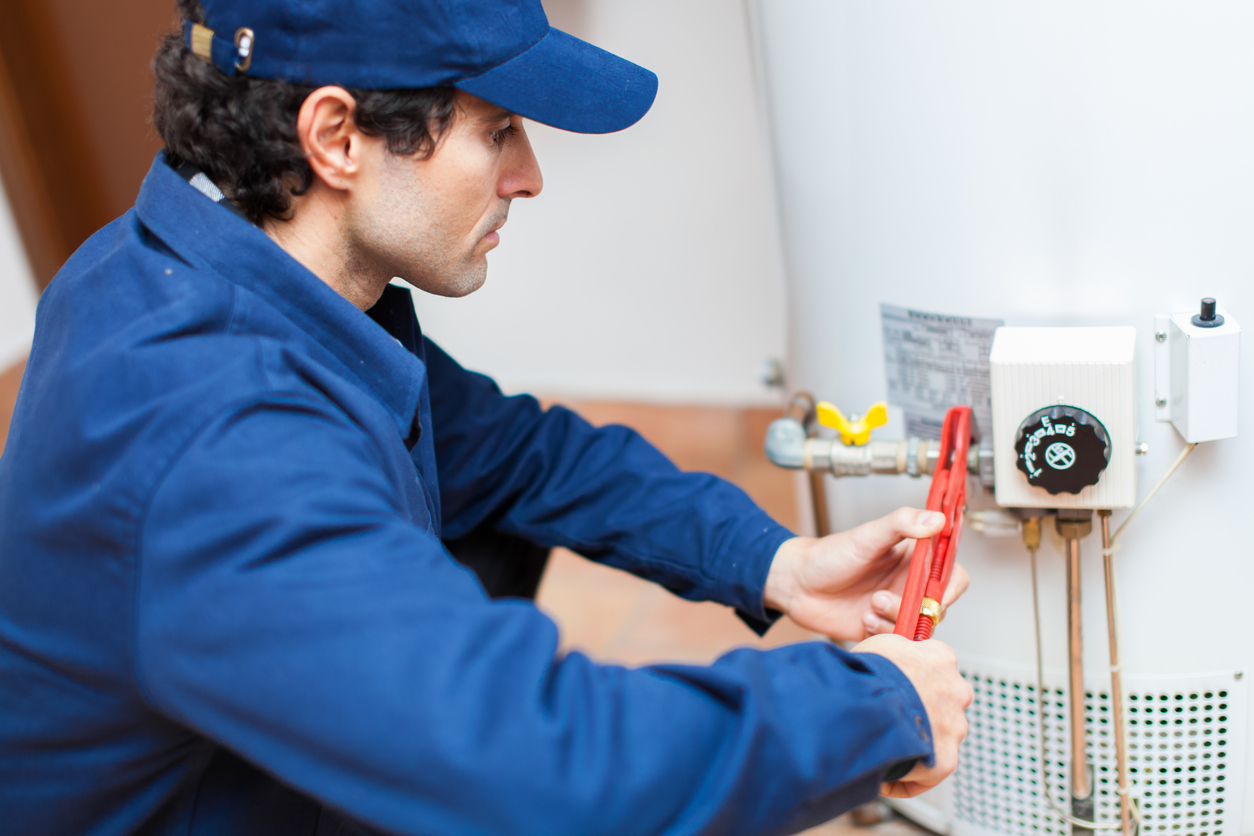4.8 Google Rating
What is an Anode Rod and Why Is It Important?
Water heaters are essential to every home, providing hot H2O for various purposes like bathing, cooking, and cleaning. That said, as water with minerals and impurities flows into the heater tank, corrosion occurs and weakens the metal. Eventually, the heater tank may fail catastrophically, leading to a flood and costly repair. This is where the anode rod comes in.
Our team provides a comprehensive breakdown of the anode rod, its significance for your water heater, and answers to your FAQs about water heater anode rods.
[bc_accordion] [bc_card title=”What is an Anode Rod, and How Does it Work?”]The anode rod is a long metal rod that is inserted into the water heater tank. Most of them are made of magnesium or aluminum-zinc alloy. When the system is in use, the water heater rod corrodes instead of the metal in the tank, thus protecting the tank from rust and corrosion. It will then attract the corrosive elements in the water and release electrons, forming a protective layer on the rod instead of the tank.
[/bc_card] [bc_card title=”How Often Should You Check or Replace Your Hot Water Heater Anode Rod?”]The anode rod needs to be checked at least once a year and, at best, two years. If the rod is corroded by 50% or more, it should be replaced immediately. It is a relatively inexpensive process and can save you from costly repairs or replacements in the future.
[/bc_card] [bc_card title=”What Happens if You Don’t Replace It?”]If your hot water rod degrades and loses its integrity, the water with minerals and impurities will directly corrode the walls of the heater tank. Once the rust breaks the thin layer of metal in the tank, it will be too late, and the heater will have to be replaced. Additionally, the sediment accumulating in the tank’s bottom can render your heater inefficient and increase your energy costs.
[/bc_card] [bc_card title=”Should it be Replaced with the Same Material?”]When replacing the anode rod, choosing the same material suitable for your water heater is essential. If you pick the wrong rod, it can react poorly with the water and speed up corrosion in your tank. And should your entire system need to be replaced due to the issues caused by a faulty water heater rod, get in touch with our professionals.
[/bc_card] [bc_card title=”How Can You Maintain Your Water Heater for Longevity?”]Lastly, there are practices you can adopt to maintain your hot water heater and increase its longevity. Flush the tank once a year to remove the sediment build-up, check the pressure relief valve regularly, and call a licensed professional for repair or maintenance.
[/bc_card] [/bc_accordion]Choose Our Team for Your Heater Repair & Maintenance Needs
Your water heater is an essential appliance in your home, so it’s important to keep an eye out for any signs that it may fail. If you notice an issue with your water heater anode rod, don’t hesitate to call AAA Service Plumbing, Heating & Electric for help. Our Denver water heater repair team is fully licensed and certified to get the job done right.
Contact our team today to keep your water heater running all year long!





